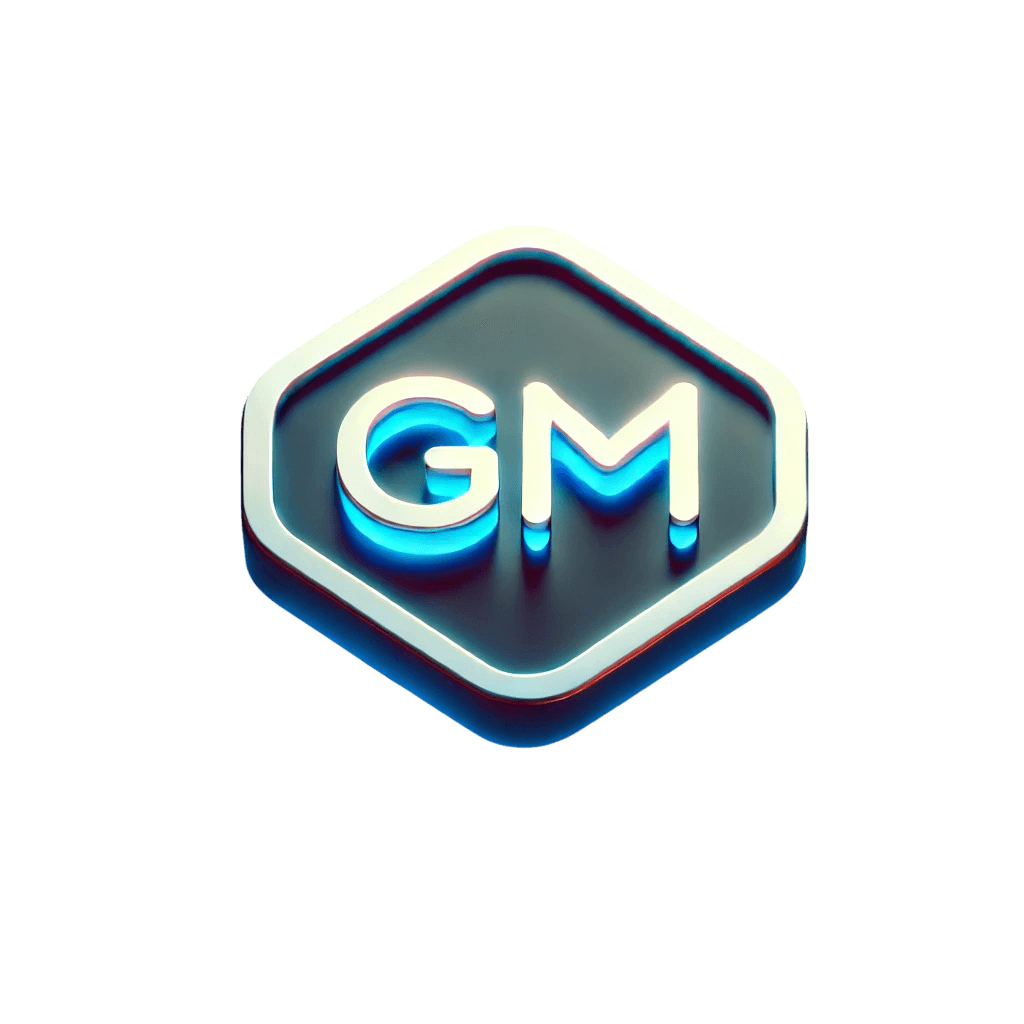

Stargate Finance focuses on cross-chain liquidity and real-time asset transfers across different blockchains. Its tokenomics involve governance participation and incentivizing positive behaviors like liquidity provision. Governed by its token holders through a voting escrow model, Stargate Finance emphasizes community-driven decision-making. Layer Zero Labs, the developer behind Stargate, has raised a significant $135 million in funding, reflecting strong investor confidence and market interest.

OnChainGM is a decentralized, multi‑chain platform built for your daily Web3 ritual. It lets users send an onchain GM message once every 24 hours via smart contract for a small ETH fee, with an optional referral reward system built in.

Exactly Protocol is decentralized finance platform offering autonomous interest rate markets and enabling both variable and fixed rate exchanges of crypto assets. Its EXA token allows holders to vote on protocol changes and manage the treasury, playing a key role in governance and decision-making. Governance involves a structured voting system with specific token requirements to ensure fair participation. The project, having raised $3 million in a seed round, is backed by various investors, highlighting its strong funding and investment support.

Sturdy Finance introduces a new approach to creating liquid money markets for any token through a unique two-tier architecture. This design isolates risk between assets while preventing liquidity fragmentation, featuring risk-isolated pools at its base and an aggregation layer that enables lenders to choose suitable collateral assets for their deposits. The governance token of the platform, $STRDY plays a pivotal role in overseeing the Sturdy protocol's operations. Governance is primarily driven by $STRDY holders.

Owlto Finance is decentralized Cross-Rollup bridge, focusing on enabling direct and efficient asset transfers between Rollups. This approach circumvents the traditional need for assets to move through the mainnet, reducing transaction times and costs, and catering specifically to the DeFi, NFT, and DEX sectors' need for seamless Layer 2 asset mobility. Owlto Finance operates without its own token and is self-bootstrapped.

Jumper, developed by LI.FI, provides a seamless platform for moving assets across more than 30 chains, 18 bridges, and 32 decentralized exchanges making it ideal for expanding your onchain DeFi presence. Jumper operates without tokenomics, as it has no native token. Backed by a $17.5 million Series A funding round in 2023, Jumper brings LI.FI’s innovative approach to cross-chain asset transfers.





The Retro Funding: Dev Tooling program rewards open-source toolchain software that supports onchain application development on the Superchain, with a budget of up to 8M OP and monthly rewards from March to July 2025.

OP Mainnet, previously known as Optimism, is a Layer 2 scaling solution built on top of Ethereum. It utilizes optimistic rollups to provide faster and cheaper transactions while maintaining the security of the Ethereum mainnet.

Ink is a Layer 2 blockchain built by Kraken powered by the OP Stack. It connects Kraken’s 10+ million users to decentralized finance (DeFi), offering easy access to DEXs, lending, and yield protocols. By joining the Superchain, Inkchain combines Ethereum’s security with Layer 2 scalability for a streamlined DeFi experience.

Unichain is an L2 purpose-built for DeFi, exclusively on the OP Stack. Unichain is part of the Superchain’s path to interoperability, and will support ERC20s that are Superchain interop compatible. Uniswap Labs is also working with Flashbots to develop a new TEE-based block builder that reduces Unichain confirmation times from 1 second to 250 milliseconds.

Soneium is a Layer 2 blockchain developed by Sony Block Solutions Labs, a joint venture between Sony Group and Startale. Designed to bridge Web2 and Web3, Soneium aims to create a versatile, developer-friendly ecosystem that empowers creativity and innovation. It provides a scalable, accessible platform for developers, creators, and communities, enabling them to build and deploy applications that blend entertainment, gaming, finance, and more.